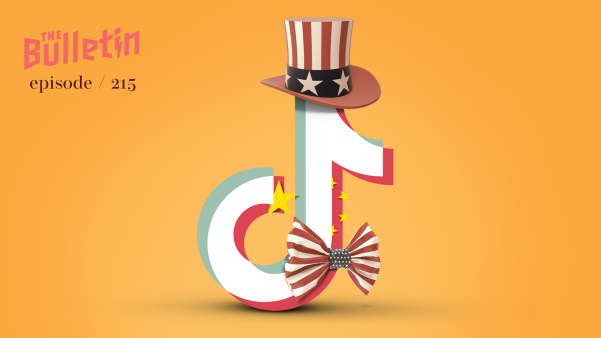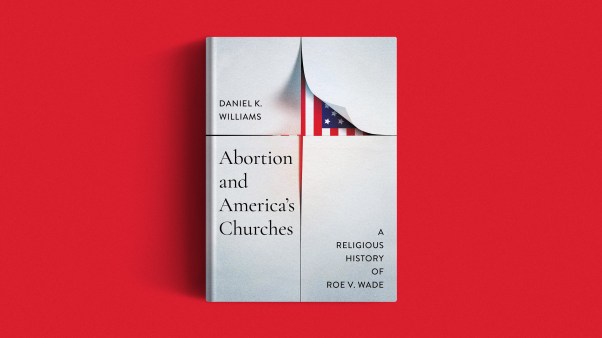Queen Elizabeth’s triumphant Jubilee Year has just ended. It began on June 7 last year with a service of thanksgiving in St. Paul’s Cathedral amid all the traditional pageantry that we British people love. Critics of the institution of monarchy are still vocal, but nobody can doubt the Queen’s personal popularity. She is universally admired for her dedication, hard work, Christian faith, probity, and family life.
She is also the “supreme governor” of the Church of England, a title dating back to the sixteenth century. Pope Clement refused to annul Henry VIII’s marriage to Catherine of Aragon. So Henry asserted the royal supremacy in the church in place of the papal supremacy.
During and after the Reformation period views on church-state relations ranged from the “erastian” (that the church must be completely subordinate to the state) to the “theocratic” (that Christ had put both spiritual and temporal powers into the hands of the church). In sharp contrast to these the First Amendment proclaims the total religious neutrality of the United States Congress.
Here then are three positions that possibly deserve the description “extreme”—erastianism (the state controlling the church), theocracy (the church controlling the state), and neutralism (the entire separation of the two). Must we choose between these alternatives? Or is there another way? Is it possible for church and state to be not separated but related in such a way that each serves, but neither controls, the other? I believe there is.
Distinctions and Definitions
In order to pursue this possibility it is important to distinguish between a “state” church, an “established” church, and a “national” church. In a state church the head of state is recognized as the church’s chief authority; all citizens pay the church tax (unless they deliberately contract out); the state examines, appoints, and pays the clergy; and it settles ecclesiastical disputes. The European Lutheran churches are state churches. The Church of England, however, is not, since the state levies no church tax. An established church is so called because it has been “established by law” as the nation’s official religion, is given certain privileges, and may be subject to a measure of state control. A national church is so called because it accepts a Christian responsibility—evangelistic, pastoral, and prophetic—to the whole nation.
Now both the Church of England (Anglican) and the Church of Scotland (Presbyterian) are at the same time established and national churches. Yet the Scottish model is the better and more biblical of the two, since the Church of Scotland is entirely free of state control and emphasizes national mission more than establishment, and therefore responsibility more than privilege. My thesis is that the Church of England has for more than half a century been moving in the Scottish direction and may before long catch up.
Criticisms of “Establishment”
There are two elements of the English model; of establishment that are obnoxious to Christians with biblical sensitivity. They concern the control that the state exercises and the privilege it bestows.
Any kind of state intervention in, or control of, the church is intolerable. And gradually during this century the Church of England has been freeing itself from such control. In 1919 it was given a measure of self-government (from the “Parochial Church Council” to the “National Assembly”), and in 1969 full synodical government. Nevertheless, Parliament still retained its veto on church legislation (using it in 1928–29 to reject the revised Prayer Book). In 1974, however, the parliamentary veto was abolished, and the church was given authority to order its worship and interpret its doctrine, provided that it stayed within the doctrinal limits set by the 1662 Prayer Book.
Also in 1974 General Synod asked to be given the “decisive voice” in appointing bishops who had previously been appointed by the Queen on the advice of her prime minister, though after widespread behind-the-scenes consultation. Two years later Synod accepted the proposal that in future, whenever an episcopal vacancy occurred, a small, representative church committee would submit two names to the Prime Minister, who would no longer do any nominating himself. An overwhelming majority voted in favor of this (390–29), even if many did so not because they considered it an ideal arrangement but because they believed it was the best concession they could get without provoking a constitutional crisis. It at least gave the church the sole right to nominate (if not to elect or appoint) its own bishops.
The second distasteful element in the present establishment is that of privilege, in both social and ecumenical terms. Perhaps the best example is the fact that the twenty-six most senior bishops are ex officio members of the House of Lords. One is certainly thankful to have such a Christian voice in Parliament’s upper house. But why should the Church of England have a privilege that is not granted to any other group in the country and that is denied to the other churches?
Reciprocal Duties of Church and State
According to the Lausanne Covenant, “it is the God-appointed duty of every government to secure conditions of peace, justice and liberty in which the church may obey God, serve the Lord Christ, and preach the gospel without interference” (para. 13). The biblical basis for this assertion is found in Romans 13 and First Timothy 2. The complementary duty of the church is to pray for the state and its leaders, obey its laws (within the limits set by Christian conscience), pay its taxes, be exemplary in citizenship, seek the nation’s good, be the guardian of its conscience, and the pastor of its people.
These reciprocal responsibilities are likely to be accepted only in countries that have enjoyed a considerable Christian influence. In other situations the state oppresses and persecutes the church, as in Communist lands today. Where the state protects the church, however, and even establishes it, it is not inevitable that Christianity will become a civil religion and its leaders civil servants. A notable example to the contrary is Bishop George Bell who in the House of Lords during World War II outspokenly condemned the British government’s indiscriminate bombing of German cities.
An acknowledgment or establishment of the church by the state can benefit both of them if they develop a partnership in which each recognizes its and the other’s distinct God-given roles, and seeks to fulfill its own without trespassing into the other’s. In the case of the Church of England this involves the resolve to complete the process of taking control of its affairs, to forfeit its unwarranted privileges, and as the national church, to exercise more conscientiously its evangelistic, pastoral, and prophetic responsibilities.
I find myself in agreement with paragraph K7 of the Nottingham Statement (April 1977): “We hope that our church will not seek to renounce, but to share with other Protestant churches, the ancient constitutional ties that establish her as the church of this realm. We value these, not for privilege but for service, not for the church but for the nation.”
JOHN R. W. STOTT










